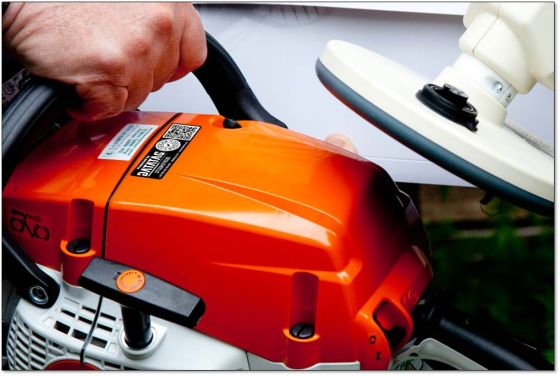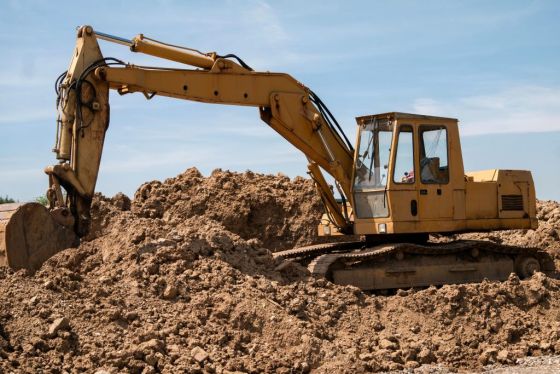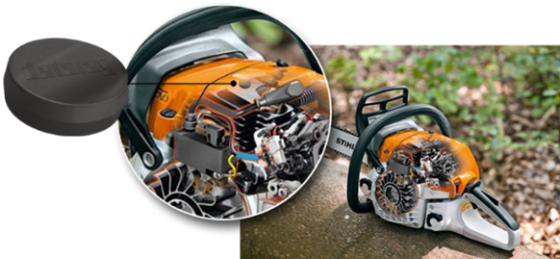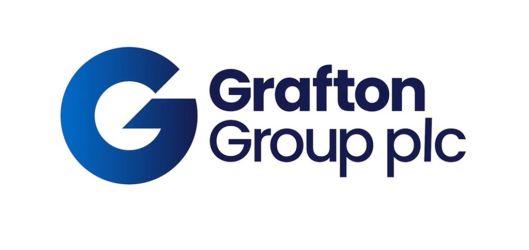
Just how big is the tool theft problem? And isn’t it just a problem for consumers and insurance companies?
The reality is that tool theft has an extensive effect throughout the market. At one extreme, frustrated hire companies are contemplating refusing to stock brands that don’t help them to tackle theft and increasingly savvy consumers and tradespeople are becoming equally picky about choosing brands that are potentially harder to sell on. On that basis alone, tool theft is a problem for the entire supply chain.
So, back to that first question: How big is the tool theft problem? Crime figures don’t go into enough detail to answer that question accurately, but there are plenty of indications of a huge black market for tools. The NFU Rural Crime Survey (2014) found tools to be the most targeted item, while £800m per year is lost by the UK construction industry due to theft alone, according to insurer Allianz Cornhill (Source: Construction National Magazine 2014).
Fellow insurer Zurich Site Security reckons less than 10% of stolen plant and equipment is recovered. And those insurance stats are likely to be just the tip of the iceberg.
Datatag’s Miles Taylor tells Torque: “Statistics compiled by insurance companies don’t take into account the scale of the problem. The stories of tool theft you see often hit one man bands and they don’t always make an insurance claim for them. Large companies don’t often claim either, with the excess often outweighing the total of the value of the stolen tools. It is seen as part of the cost of operating a business.”
Tool theft from consumers is much the same. Crime statistics don’t, ahem, drill down to exactly what has been stolen from residential properties.
While the statistics have their shortcomings, you don’t have to try very hard to find a story about a contractor or small business being hit by tool theft
and with little chance of recovering the stolen loot. Perhaps more tellingly, hire firms are so frustrated with bearing the brunt of tool theft costs that they have felt compelled to come up with a solution on behalf of the tool industry.

HAIL CESAR! - How a marking system fought construction site theft
Theft has threatened to hamper many industries, including construction. Back in 2000, plant theft was found to be a big enough problem that the Home Office set up the Plant Theft Action Group. The issue intensified in 2005, with the prospect of a forthcoming construction boom to ready London for 2012 after the UK won the bid to host the Olympics.
Industry cooperation came up with a new weapon in the fight against construction site theft by the name of CESAR. The Construction Equipment
Association and Agricultural Engineers Association joined to create CESAR – the official Construction and Agricultural Equipment Security and Registration Scheme.
“Datatag security marking is established in many markets, and we have over 120,000 pieces of equipment registered with us. For CESAR, we supply all the security marking technology and manage the database,” Taylor says. CESAR-marked equipment comes with tamper-proof ID plates and Datatag Anti-Counterfeit unique RFID chips or transponders embedded within it.
The CESAR identification plate allows for instant verification with a Datatag scanner and perhaps crucially, Datatag mini RFID transponders are also wired into other places within the machines – so even in the unlikely event that criminals managed to remove the ID plate, they’d still have to contend with multiple hidden transponders that could identify a stolen JCB or other big items of machinery within seconds.
Bolstered by Datatag Datadots applied to valuable parts and a forensic ‘DNA’ coded invisible solution, CESAR marked machinery is a headache for thieves and the black market.
CESAR was soon adopted by the big brands; Manitou became the first manufacturer to fit CESAR as standard to agriculture and construction equipment, in 2008. NU Rock followed, as did Merlo, Hanix and Bobcat before receiving the endorsement of Travis Perkins, JCB, John Deere tractors, Balfour Beatty and more. CESAR is now installed in over 40 factories globally, providing large plant equipment with traceability right from the production line.
According to the scheme, CESAR marked machinery is four times less likely to be stolen. There’s evidence to back that up, with theft of plant and
machinery down an average of 57% since a peak in 2010 and there have been some notable success stories, including the recovery of £1.1 million
worth of equipment in just two weeks in 2008. Stolen CESAR registered machines have their details circulated to police forces in 187 countries and so
successful is the scheme that it is believed that thieves are now targeting older machinery, manufactured before CESAR’s introduction.
Datatag’s Miles Taylor tells Torque Magazine: “The Cesar system is fitted as standard to many equipment manufacturers and it is featured heavily on
construction sites. It’s a significant theft deterrent and sites have seen theft drop, so it has been very successful.”

TOOLS STRIKE BACK: Introducing Micro-CESAR
So what about smaller tools? The hire industry is among those bearing the brunt of tool theft and this month’s Hire Convention in Loughborough is covered the topic heavily, the Hire Association Europe (HAE) tells Torque Magazine.
The Conference will also mark the official launch of the new Micro-CESAR. As with the original inception of CESAR, industry players are coming
together to tackle crime, only this time for tools. Rival hire companies including A Plant, HSS Hire, Speedy, Nationwide Platforms, GAP, Hewden and VP Plc, as well as the Construction Planthire Association, have held meetings to find a solution and a successful pilot project has proved the concept works.
Taylor explains: “It’s the hire companies and associations that came to us, they got the ball rolling. They have been pushing us to create a similar
system for smaller tools. The idea is that power tools will be marked at the factories, just like CESAR.”
The ultimate aim for Micro-CESAR is to have factory fitted RFID transponders so all small power tools are traceable and consequently much harder to sell on.
“We’re close to announcing the final package and we’ll be looking for more power tool manufacturers to work with us on implementing the scheme.”
Backed by the Construction Equipment Association (CEA), Micro-CESAR was first announced at the eighth Combined Industries Theft Solutions (CITS) Conference at the end of 2015 and attendees of this month’s Hire Conference will get to see the Micro-CESAR scheme in detail.
The first manufacturer to adopt the system is chainsaw, hedge trimmer and construction equipment firm Stihl. Stihl will go live with Micro-CESAR this month, including unique RFID tags and a tamper evident warning and integrated QR code on its range of cut-off saws.
“Hire companies are not prepared to put up with tool theft anymore,” Taylor tells Torque.
While Micro-CESAR isn’t going to put a stop to small tool theft overnight, there’s a chance that history will repeat itself for CESAR. Should other brands follow Stihl’s lead and begin marking products in factories, then the tool sector has every chance of mirroring the success the original scheme achieved on construction sites.


